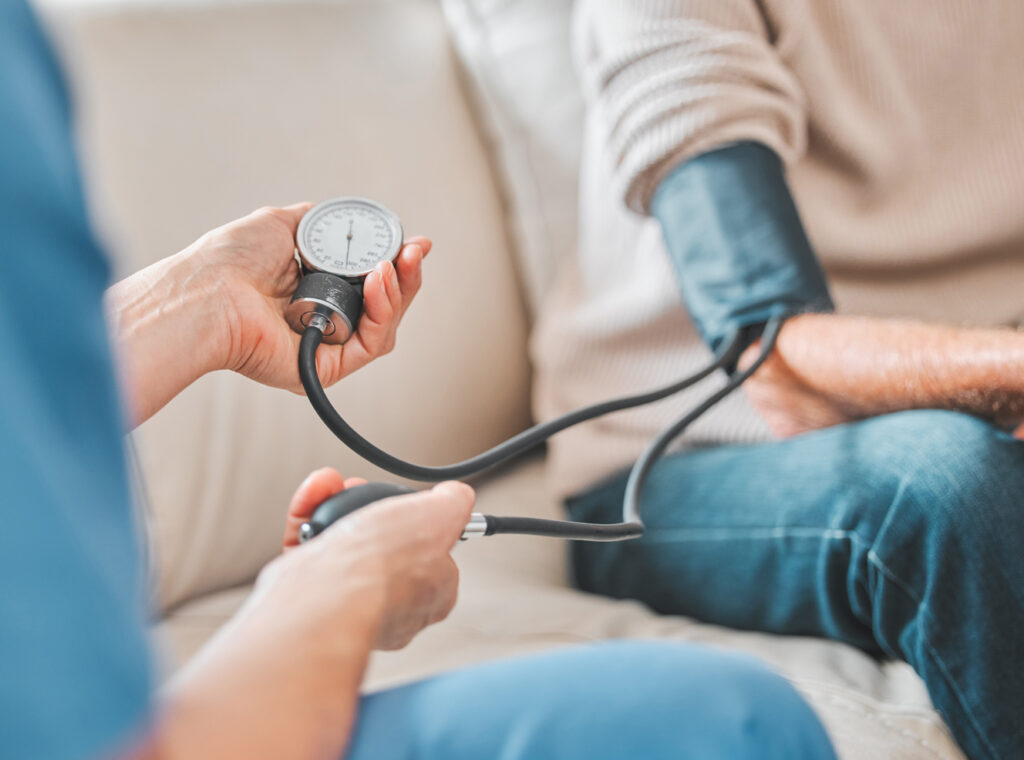James Berry, MD, MPH, the Winthrop Family Scholar in ALS Sciences, Averill Healey Endowed Chair in ALS, Associate Chief for Neurotherapeutics and Chief of the Division of ALS and Motor Neuron Diseases at Massachusetts General Hospital, is working to develop tools to leverage digital data to more accurately quantify behavior and function in ALS, reduce clinical trial burden for people with ALS and hasten drug development.
“Unlike traditional ALS outcome measures, which provide sparse data, digital biomarkers can reflect changes in function quickly and accurately,” says Dr. Berry. “The huge digital datasets are statistically powerful, facilitate more efficient clinical trials and inform clinical care.” Dr. Berry presented his research at the Lisa S. Krivickas, MD Memorial lecture on January 19, named in honor of a cherished Mass General physician known for her mentoring, teaching, research and clinical contributions to the field of ALS.
The Power of Digital Devices
Studies involving collection of digital data at the Sean M. Healey & AMG Center for ALS at Mass General include:
- The Symptom Monitoring for ALS in Real-Time (SMART) study, which uses the Beiwe Smartphone App and Data Portal on patients’ personal cellphones. Smartphones allow for audio capture to measure data like verbal communication and cough analysis. A second SMART study included wearables to measure step and activity count.
- The Digital ALS Study, being conducted in partnership with Biogen, provided phones to patients with ALS and focused on active data collection like patient reported outcome measures, cognitive assessments, speech recordings, fine motor and dexterity and walking/balance.
- The Nq Medical Study, which stores and analyzes the characteristics of participants’ typing (not the content they type) from a smartphone virtual keyboard.
Putting Data to Work
Because search engines can track searches that reflect events in real life, Dr. Berry has also undertaken a retrospective study looking at how his team can use internet search data to identify people with ALS and if that data can then be used to reduce the diagnostic delay prevalent in ALS. “There are huge troves of data completely unmined for ALS and neurology research,” says Dr. Berry. “Let’s think creatively about how to leverage them.”
Another promising study, PREVENT ALS, identifies the earliest biological and clinical changes due to ALS in pre-symptomatic gene carriers. In this study, digital biomarkers allow frequent monitoring of initial symptoms in real-time, that can be easy to miss in an annual visit. This “early access” can lead to earlier interventions, which have been shown to be effective.
What’s Next?
Dr. Berry and his colleagues’ future plans for digital data use in ALS include sharing existing data to find powerful new analyses, study new and best in class devices, create ways to incorporate digital endpoints into trials seamlessly and incorporate and adapt digital approaches into the PREVENT ALS Study.
To adopt digital outcomes widely in the future, Dr. Berry says researchers will need to gather data to show utility, feel comfortable with usability and compliance, understand change over time and adhere to regulatory considerations.
Please make a gift to help scientists discover new treatments for people living with ALS. For more information, please contact us.

This story is just one example of the groundbreaking efforts taking place at Mass General, home to the largest hospital-based research enterprise in the U.S. — the Mass General Research Institute. The Research Institute encompasses and provides support to thousands of scientists, hundreds of laboratories, and helps to guide, connect and promote this unrivaled community of investigators as they advance the future of medicine, from the bench to the bedside, to the community and world.





